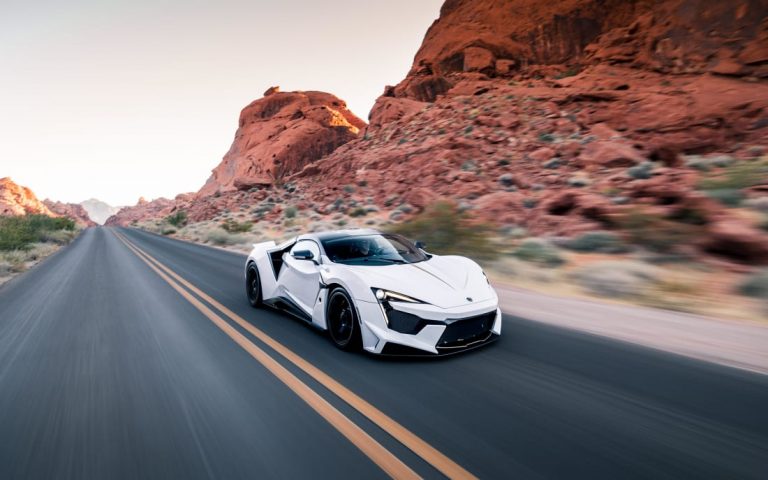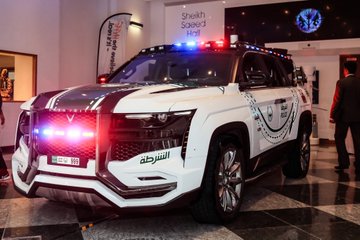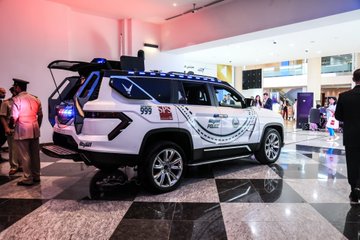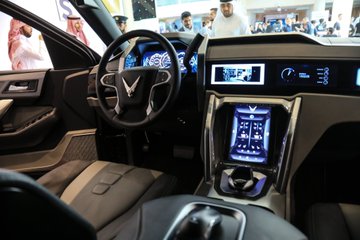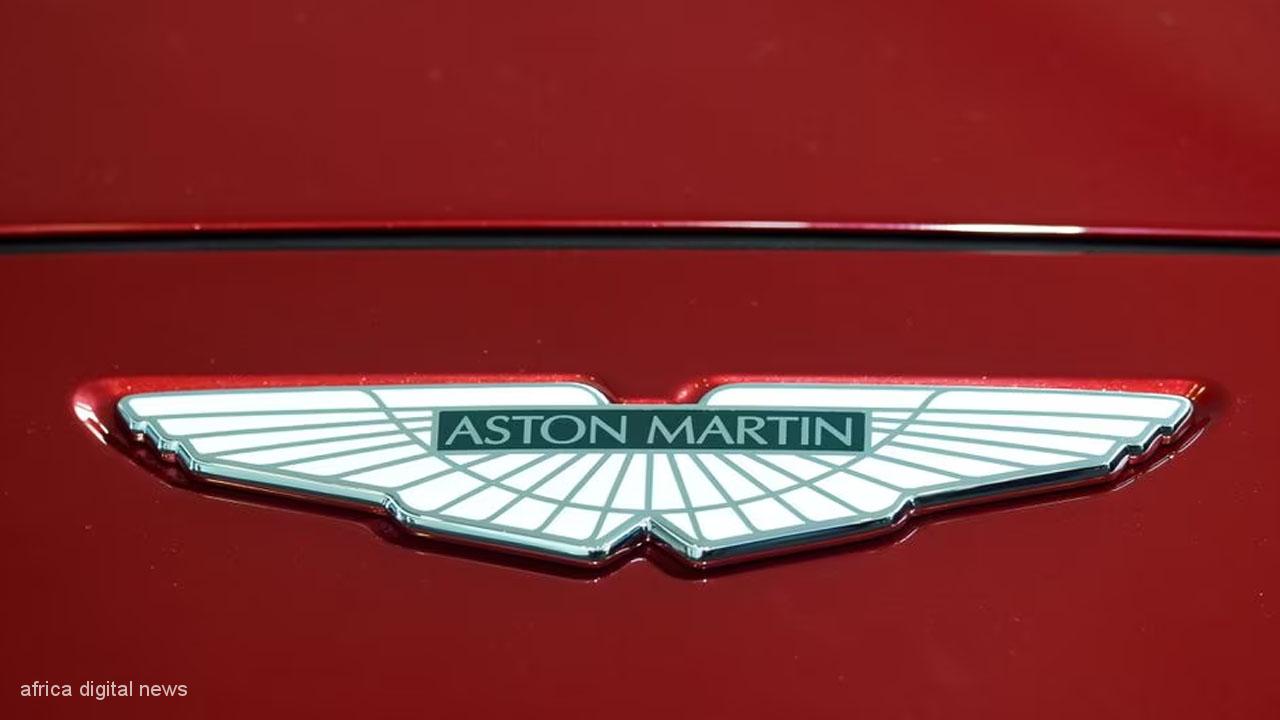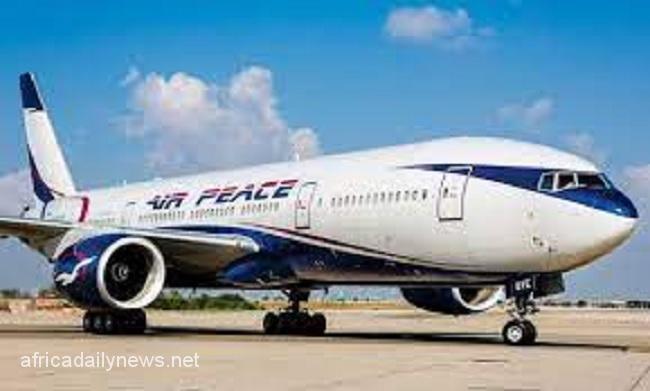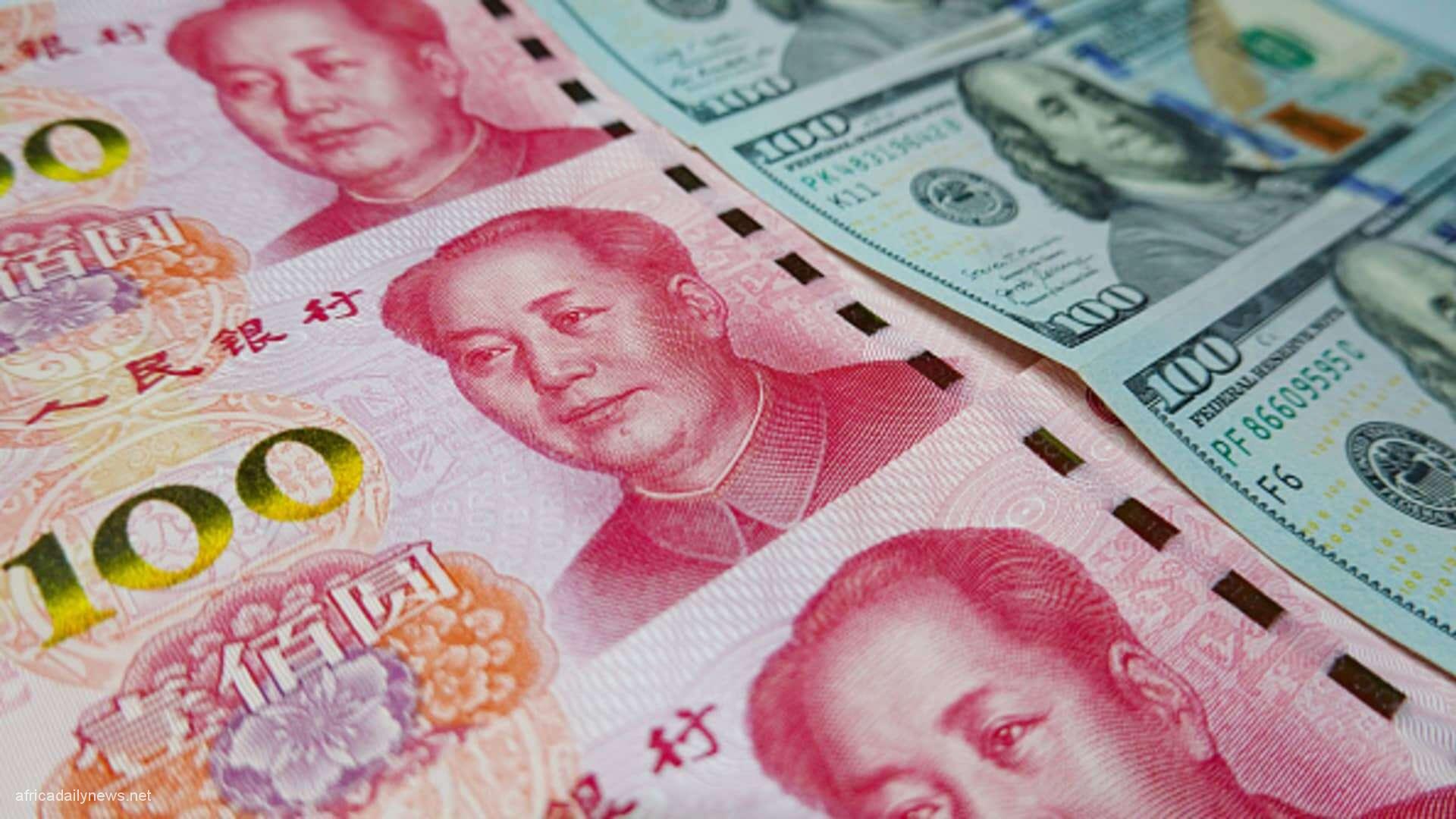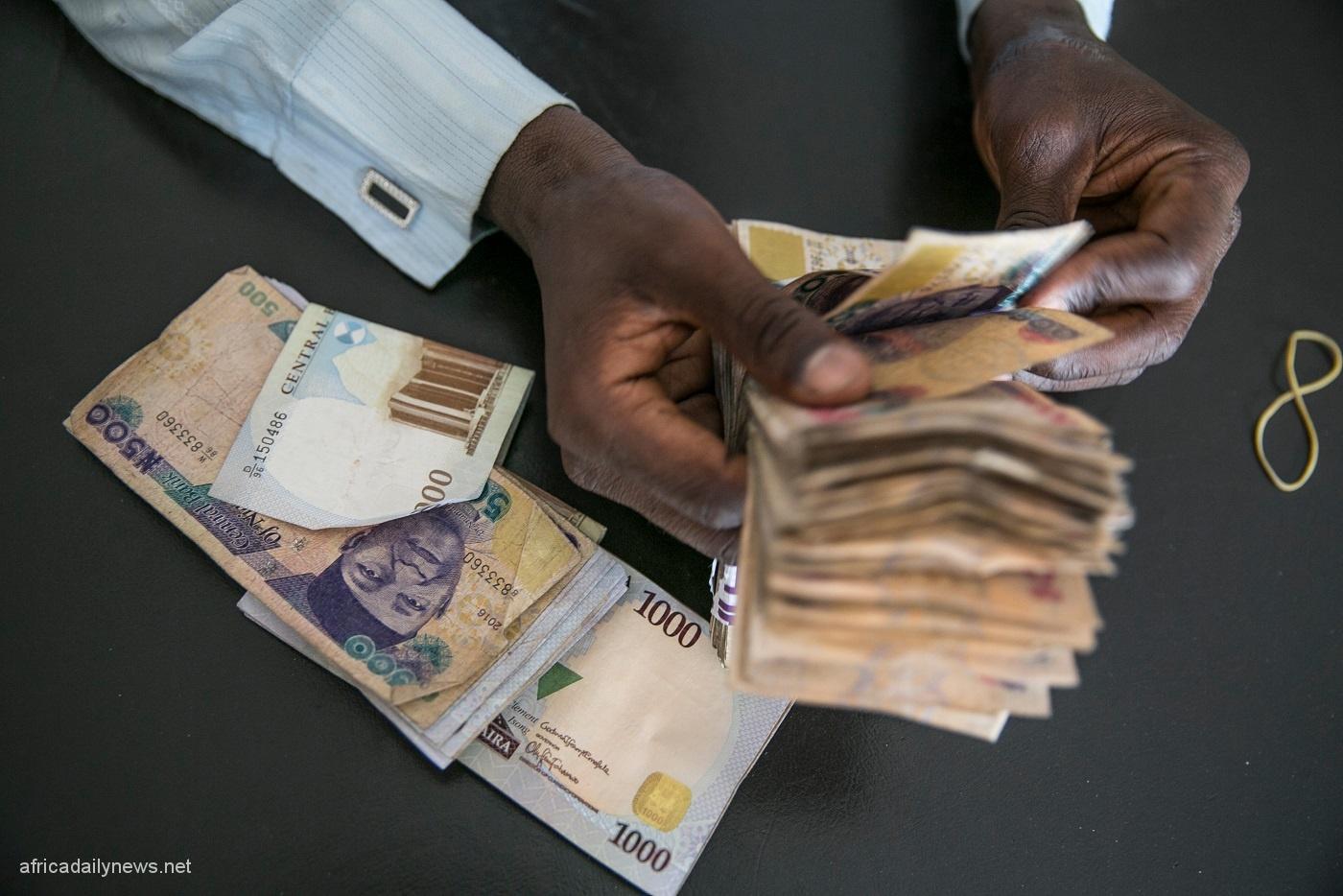In 2015, W Motors achieved global prominence when cinema audiences watched Vin Diesel drive a cherry-red sports car through the windows of a skyscraper in the seventh installment of “The Fast Saga.”
The vehicle in question, a $3.4 million Lykan Hypersport with diamond-studded headlights, was billed as “the first Arabian hypercar” — although the Dubai-based company had it manufactured abroad.
For its latest trick, W Motors will attempt to launch an entire industry.
The first bricks of “W Motors Campus” were laid in January within the Dubai Silicon Oasis free trade zone on the outskirts of the city. The site will house the first hypercar (defined as a top-tier supercar) factory in the region, a research and development lab, and an academy for developing automotive talent.
The $100 million campus occupies 120,000 square feet — about the size of two football fields — and is set to begin operation in the final quarter of this year.
The hope is it can be a catalyst that sparks the car industry in the region, which has been underdeveloped.
“Somebody has to start,” says Ralph R. Debbas, the Lebanese-born CEO of W Motors. “Our goal is to lay the first stone to build the industry.”
Jet fighter to Beast Patrol
W Motors, founded in 2012, started life as a producer of limited edition showpieces for wealthy collectors.
Just seven Lykan Hypersports were ever made. The company’s second model, the Fenyr Supersport — cheaper at $1.4 million and described as a “mix of manga robot and jet fighter,” by Car magazine — has a listed production run of 110.
The focus will shift at W Motors Campus. Around 200 cars per year will be manufactured at the site, of which 25 will be Fenyr Supersports. The rest will be split between police jeeps, electric cars, and autonomous vehicles.
The “Beast Patrol” jeep – billed as “the most-advanced police vehicle in the world” – comes equipped with facial and license plate recognition cameras, integrated drones, bespoke weapon holders, and driver behavior cameras to ensure officers are awake and alert.
“We have been working with police for two years to making sure their demands can all be embedded into one vehicle,” says Debbas. “This is no longer a car it is a tool.”
W Motors
✔@WMotors
Get a closer look at our Beast Patrol wearing the Dubai Police Uniform.#wmotors #beastpatrol #safecitygroup #dubaipolice #gitex #gitex2018
27 people are talking about this
The model has already been added to Dubai’s eye-catching police fleet and Debbas says around 2,000 will be produced in the coming years, to be supplied to forces in the UAE and wider region.
W Motors will also be producing electric and autonomous cars at the new campus, having already collaborated with Chinese partners to produce the Iconiq Seven electric minivan, and the Muse autonomous car that was unveiled last year.
Debbas says the company will unveil its first solo electric supercar by the end of this year. He is tight-lipped on details of the new vehicle but says it will have a “futuristic aesthetic” and go on sale for less than $1 million. Increasingly, such models will become the focus for W Motors.
“The conventional Fenyr production will keep going but – bit by bit – we will be switching to fully electric,” says Debbas.
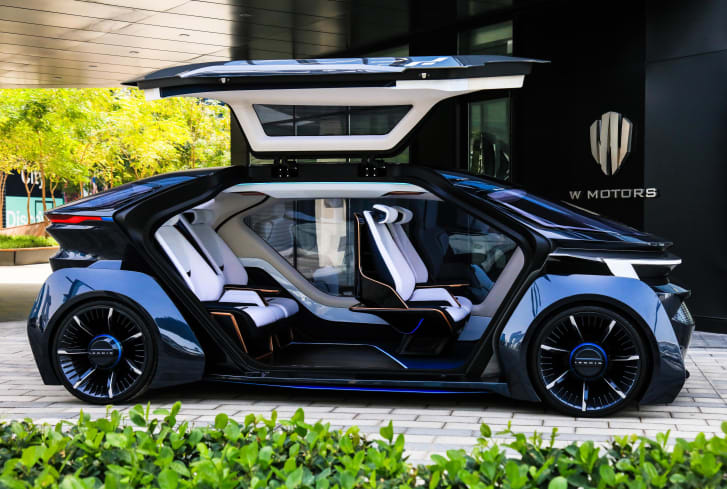
The Muse autonomous car, produced in partnership with Chinese company Iconiq Motors. Credit: W MOTORS
Building an industry
The second phase of the campus project after manufacturing begins is to establish an academy for training students in automotive disciplines.
Priority skills will include mechanical engineering, electrics, and artificial intelligence, says Debbas. The academy will seek affiliation with leading higher education institutions in the US and Europe.
The academy represents a step towards cultivating a viable car industry in the country and region, the CEO says, addressing a current shortfall.
“We have many challenges — first is a lack of knowledge,” says Debbas. “Then it takes time to build a culture and industry around it. Hopefully in 10 years we have many more companies.”
While the UAE is unlikely to challenge Western hubs in traditional car manufacturing, Debbas believes it could be a leader in the field of electric and autonomous vehicles.
The country does enjoy competitive advantages, says Simon Duval Smith, automotive industry expert and editor of eVISIONS magazine.
“The UAE is a particularly good area for manufacturing specialist vehicles,” he says. Advantages include “cheap labor costs, energy resources are cheap, lots of space for expansion — and a very attractive tax regime to attract engineers from around the world.”
The “fly in the ointment” is logistics, Duval Smith adds, as the UAE is not a fixture on shipping routes, presenting difficulties for the supply chain.
This could be overcome if a tipping point were achieved with enough manufacturers operating to draw suppliers to the region. “In the southern states of the US there was no car industry 30 years ago and now it is bigger than the Detroit region,” says Duval Smith.
CNN

